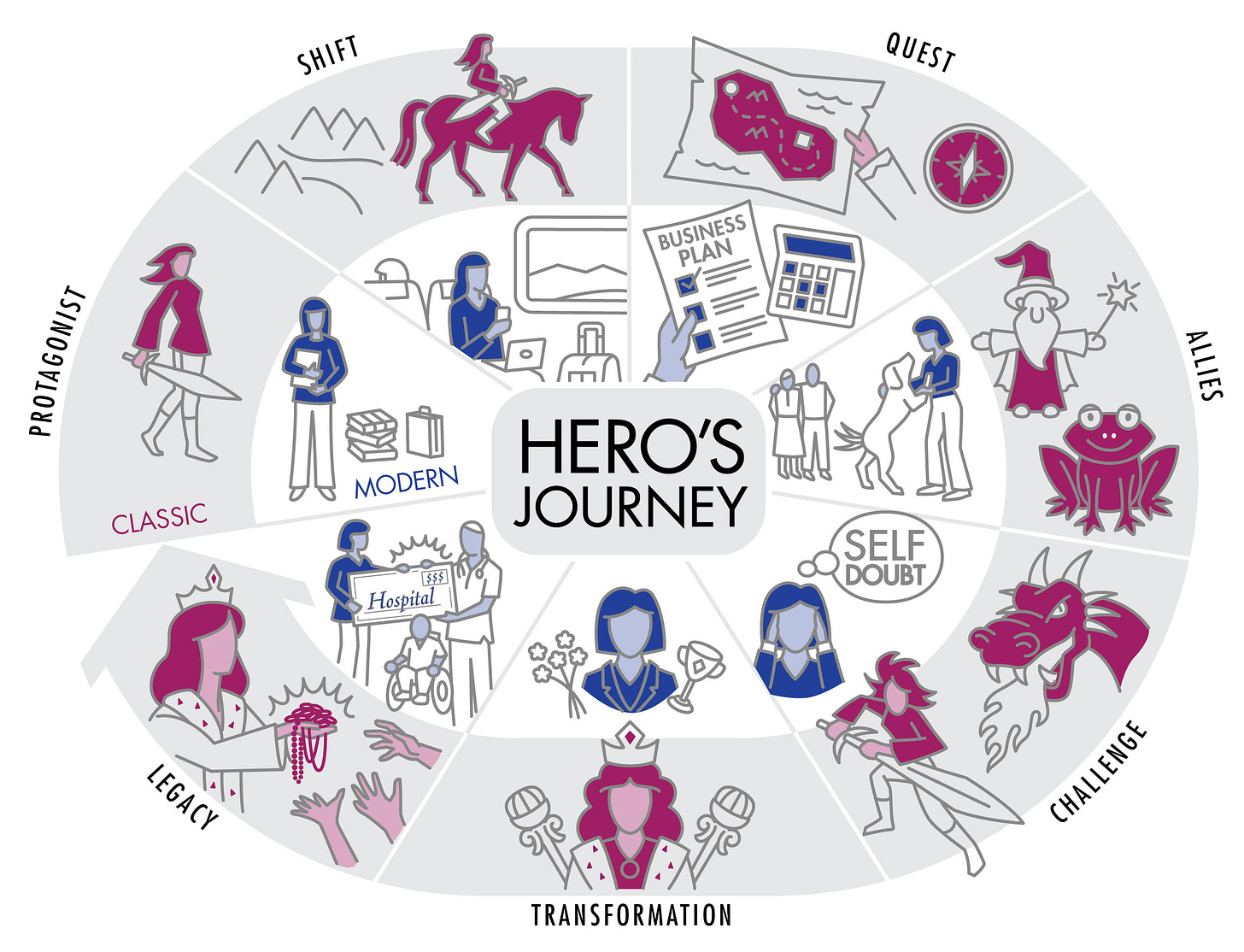
[ad_1]
“Being impacted by being what occurred to you isn’t victimhood, it’s human.
Making an identification out of it’s victimhood.”
— Seerut Chawla
The tales we inform about ourselves form the folks we develop into. If we fixate on how we’ve been wronged, we develop into wound collectors—caught up to now and awash in grievances. Specializing in fragility overshadows {our capability} to beat adversity. Making an identification out of the dangerous issues that occur to us may end up in a preoccupation with victimhood, leaving a person caught in a vortex of finger pointing, self-focus, and rumination.
Specializing in grievances influences the interpretation of on a regular basis interactions. These with a sufferer mindset usually tend to be offended in ambiguous conditions. As an example, if a colleague doesn’t say hi there or a buddy doesn’t return a textual content, they’ll take it as personally moderately than think about different causes for the offender’s habits. They’re additionally extra prone to assume the offenders’ hurtful habits was intentional. As summarized in a analysis paper on the subject, “Individuals who have a better tendency for private victimhood really feel victimized extra typically, extra intensely, and for longer durations than those that have a decrease such tendency.”
If an individual is searching for offense, they’ll certainly discover it. A passing remark, a cryptic expression, even a well-intentioned praise is likely to be taken the incorrect means if one is on the look out for disrespect or a put down.
There are numerous elements that may contribute to a sufferer mindset together with an anxious attachment model and having skilled actual victimization although, growing a sufferer mindset can develop with out previous trauma. Sufferer beliefs may also be discovered. Training, social media, and continuously being reminded of grievances can contribute to this line of pondering. As an example, reminding folks of a time they had been wronged has been proven to advertise a sufferer mindset together with entitled and egocentric habits.
I can’t assist however surprise if the present emphasis on fragility is undermining folks’s sense of company and even perhaps contributing to the present psychological well being disaster. If you lack a way of management, despair and discovered helplessness can kick in. The truth is we’re all susceptible however we’re additionally extremely robust. As a substitute of seeing ourselves by means of a lens of fragility, analysis exhibits it’s more healthy to see ourselves as heroes on a journey. A research printed within the Journal of Character and Social Psychology discovered that when folks start to see their lives as heroic quests, they report much less despair and cope higher with adversity.
The researchers created a “re-storying” intervention to assist individuals retell their story as a hero’s journey. They had been instructed to determine every of the 7 key parts of the hero’s journey after which to weave them collectively right into a coherent narrative.

Afterwards, individuals reported higher wellbeing and extra which means of their lives. Additionally they grew to become extra resilient within the face of adversity and noticed obstacles as challenges moderately than street blocks.
To develop into the hero of your individual story, think about the next questions:

By making folks really feel like they’re heroes on a journey, the re-storying intervention permits them to reframe obstacles as a part of their journey in the direction of transformation and triumph. As Lou Ursa, a licensed psychotherapist in California put it, having an eagle eye view versus a snake eye view of our lives places issues in perspective. All too typically, we’re seeing what is correct in entrance of us moderately than the massive image.
Of word, you don’t must be Surprise Lady to consider your life story this manner. Anybody can profit from reframing their narrative by means of a lens of energy and transformation. And who is aware of—perhaps you will have extra in frequent with Surprise Lady than you assume…
Backside Line: In the identical means that specializing in well being moderately than illness could make us really feel higher, taking note of strengths moderately than fragility can assist us develop. Be the hero of your individual story and let company be your superpower.
[ad_2]